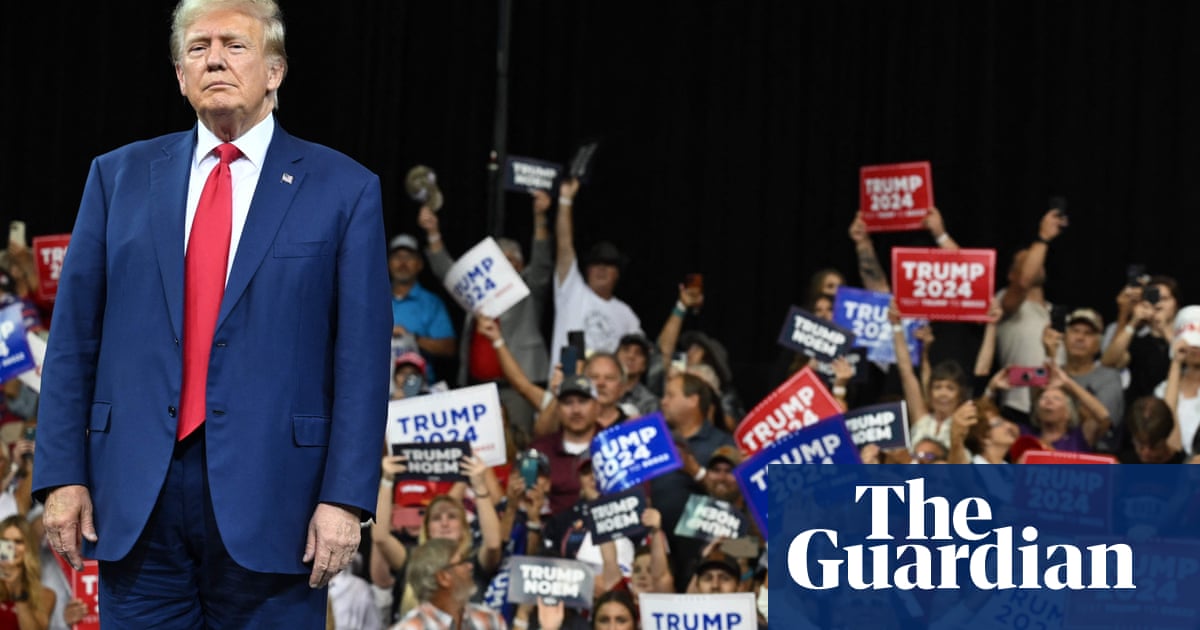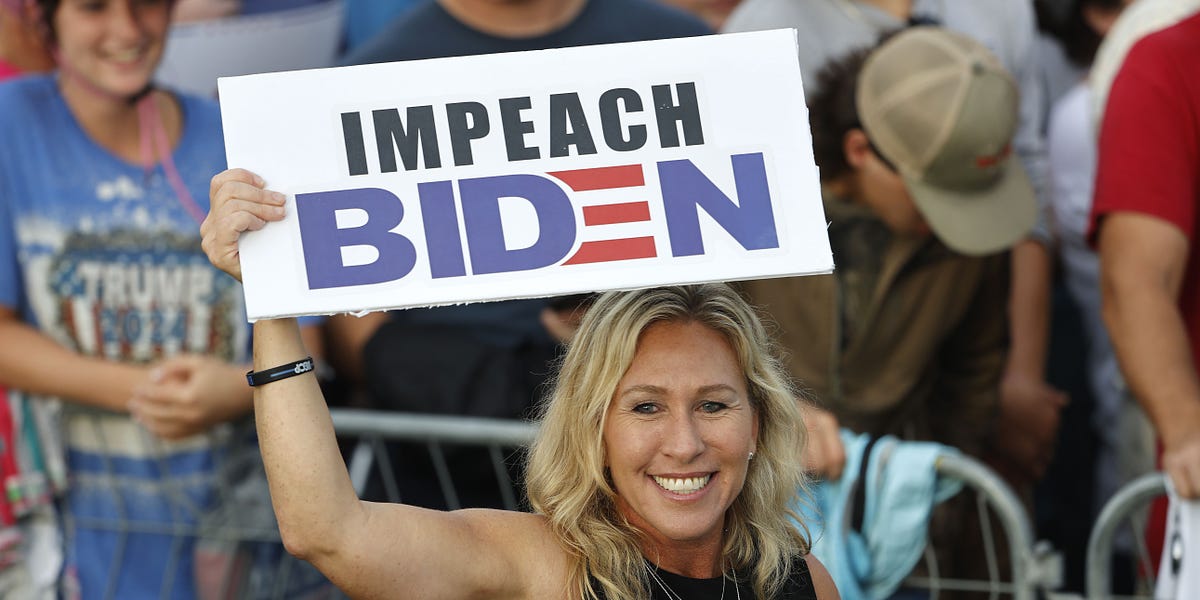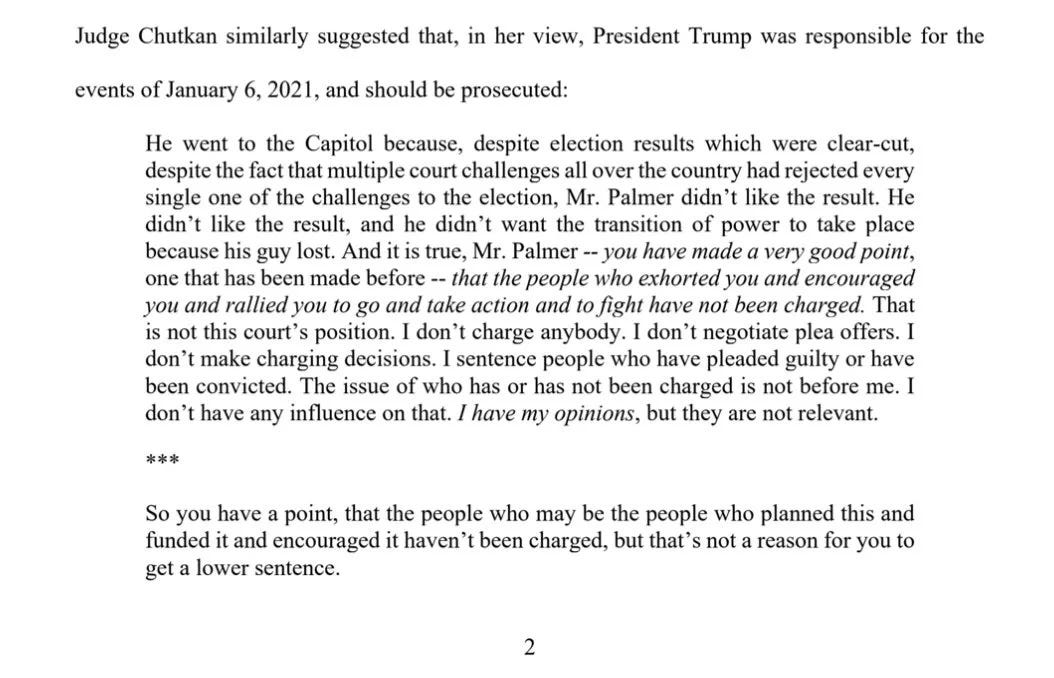Part 1
Tonight we focus on two very different issues that will substantially impact the prosecutions against Donald Trump in Florida and in Georgia. There is no set timeline on the first issue. It involves whether the district court in the Mar-a-Lago case will hold a
Garcia hearing—which involves whether lawyers have conflicts of interest that could prevent them from representing a client, or at least require the client to make a knowing waiver of his rights if the lawyer is going to continue. The second of the two, the removal issue in the Georgia state prosecution, is on a fast track for a decision by the 11th Circuit Court of Appeals. In Georgia, both the state court and the federal court are moving at rapid speed, while in Florida, Judge Cannon seems to be unnecessarily dragging her feet.
Florida and Classified Documents: I am still a doubter when it comes to Judge Cannon. The
Garcia issue is one of the reasons. The government filed its original motion back on August 2, 2023, advising the court that it had learned information giving rise to concerns there could be a conflict of interest with Walt Nauta’s attorney, because of other clients he represented. Prosecutors asked the court to hold a hearing to determine the extent of the conflict.
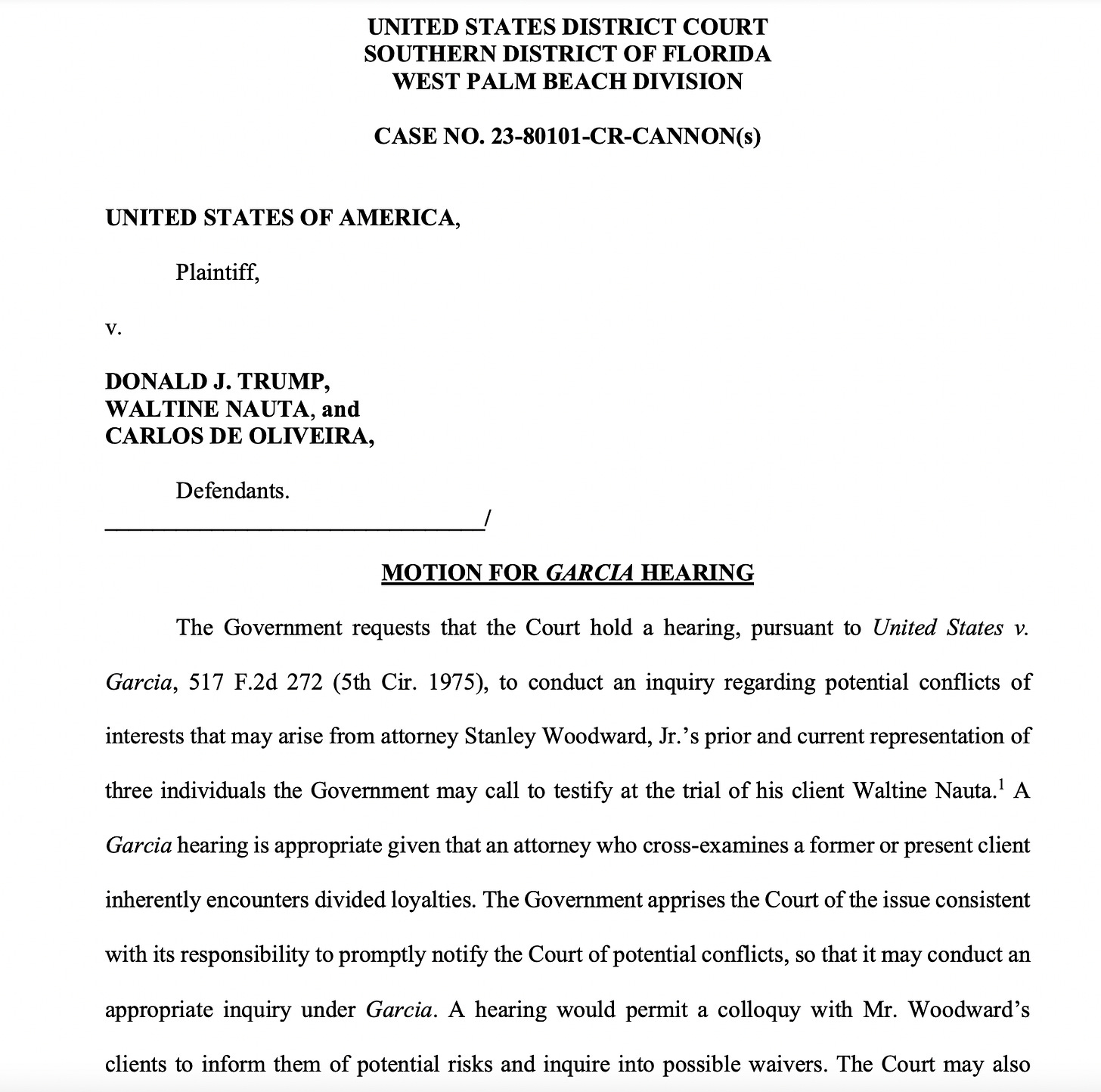
Subsequently, a similar motion was filed to include De Oliveira.
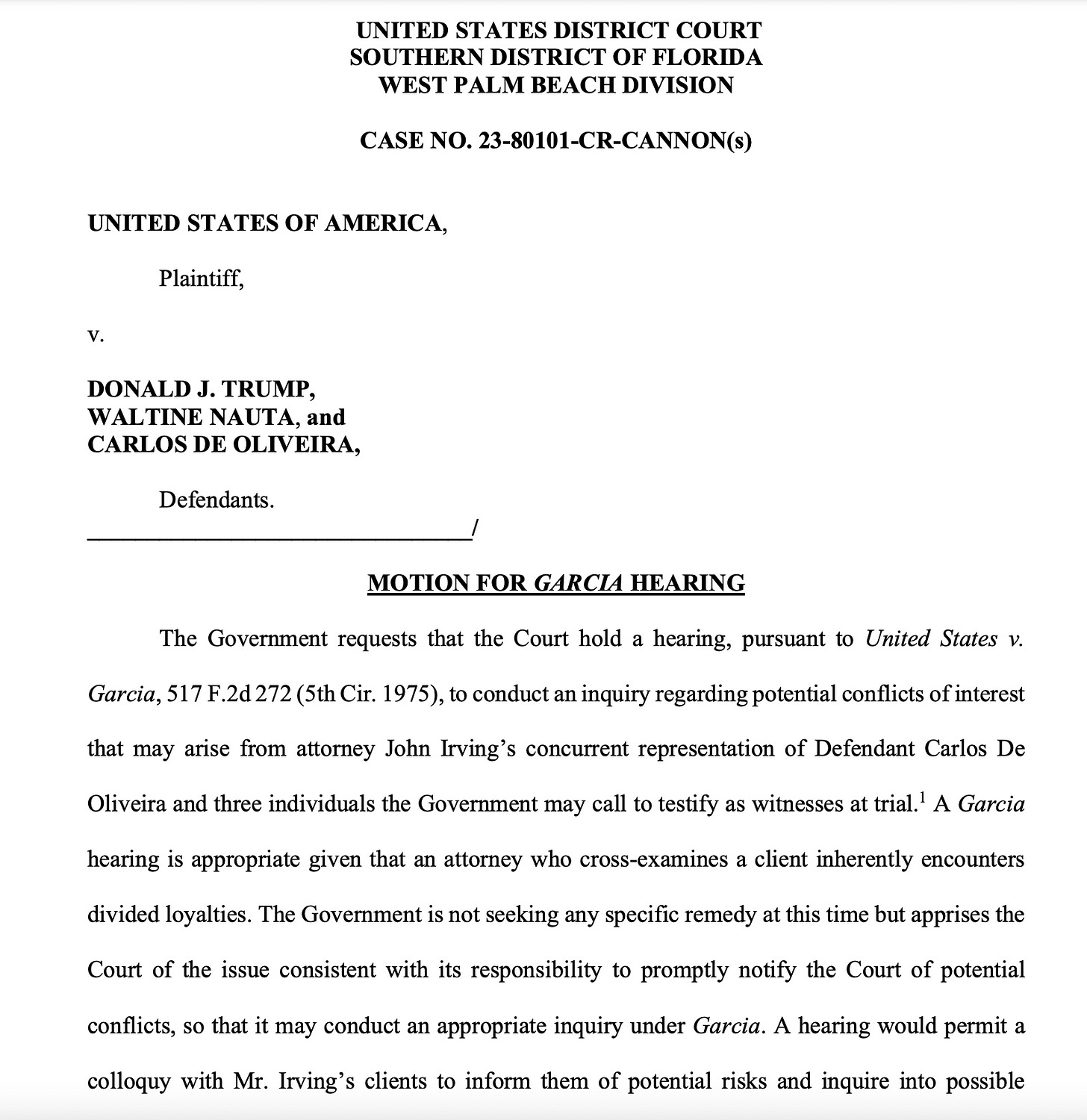
The defendants’ lawyers were permitted to respond. The Special Counsel filed his final reply brief in support of the request for
Garcia hearings on September 6, a week ago. So far, there’s nothing on the court’s docket reflecting any consideration of the issue or action on the request by Judge Cannon. She has not set a hearing.
That’s in stark contrast to what she was quick to do after the government filed its initial motion. Five days later, on August 7, she entered an order denying a fairly routine motion by the Special Counsel to file some material in connection with its request for a
Garcia hearing under seal (out of public view). After directing Nauta to respond to the
Garcia hearing request, Judge Cannon wrote, “Among other topics as raised in the Motion, the response shall address the legal propriety of using an out-of-district grand jury proceeding to continue to investigate and/or to seek post-indictment hearings on matters pertinent to the instant indicted matter in this district.” She told Trump and De Oliveira that they weren’t required to, but that if they wished, they too could brief the grand jury issue that she had raised.
Initially, this portion of her order caused a lot of confusion. What out-of-district grand jury was she talking about? It’s now clear that a fourth individual involved in the Mar-a-Lago case who is now a witness, IT worker Yuscil Taveras, was being scrutinized by a grand jury in the District of Columbia. We now know that the upshot of that was that the judge in charge of the grand jury there directed that Taveras, who like Nauta and De Oliveira had a lawyer with an association with the Trump camp, be permitted to consult with a neutral lawyer, a public defender. After doing that, Taveras, who had been told he might be indicted on obstruction charges, flipped and began to cooperate with the government. It was his cooperation that led to the superseding indictment in the classified documents case that added more obstruction charges and named De Oliveira as a defendant.
The situation with Yuscil Taveras helps to make out the case for, at a minimum, holding a hearing to learn more about the conflicts that Nauta and De Oliveira’s lawyers may have, if not having those defendants consult with a neutral lawyer about their situation, as Taveras did. The longer the question goes unanswered, the more potential compromise of those defendants’ rights may occur. But Judge Cannon seems more concerned about the request for a
Garcia hearing and the use of a grand jury by prosecutors that appears to be unobjectionable than she is about a potential conflict of interest, which needs to be resolved on the record.
There is no reason for Judge Cannon’s delay. The conflict issue needs to be resolved, once raised. Taveras offers evidence of obstruction of justice against both Nauta and De Oliveira. Might they decide to cooperate against Trump if a lawyer lays it out to them straight? Tick tock.
Fulton County, Georgia: Mark Meadows is consuming a lot of oxygen in the Georgia case with his attempt to remove the prosecution from state court to federal court. Having lost in federal district court, he is now appealing to the 11th Circuit. His opening salvo was to file a motion to stay anything further from happening pending the outcome of his appeal. Oral argument on Meadows’ motion for an emergency stay pending the outcome of the appeal will take place this Friday at 10:15a.m. on Zoom. You can access it
here.
The panel that will hear the motion includes a Clinton appointee, Judge Charles Wilson, and two Obama appointees, Judge Adalberto Jordan and Judge Robin Rosenbaum. Panels are randomly assigned in this Circuit, but expect to hear some sort of conspiracy theory in this one from MAGA world. There’s no basis for it. This panel is assigned to hear this preliminary motion only.

This is the 11th Circuit’s internal operating procedure that governs how judges are assigned to motions panels. You can see that they are predetermined. There was no manipulation here that resulted in the selection of three judges appointed by Democrats—in fact, that would defy belief as the chief judge, Bill Pryor, is a conservative Republican.
This is not the panel that will hear the appeal itself. Those panels are also randomly set far in advance.
Tonight we focus on two very different issues that will substantially impact the prosecutions against Donald Trump in Florida and in Georgia. There is no set timeline on the first issue. It involves whether the district court in the Mar-a-Lago case will hold a

joycevance.substack.com





